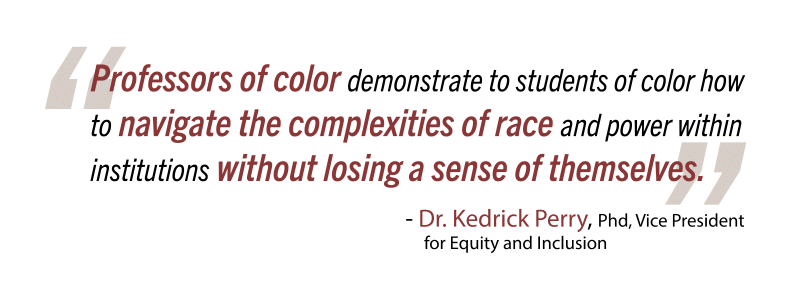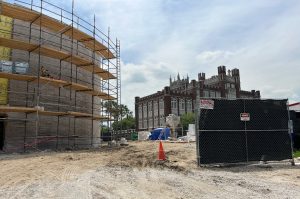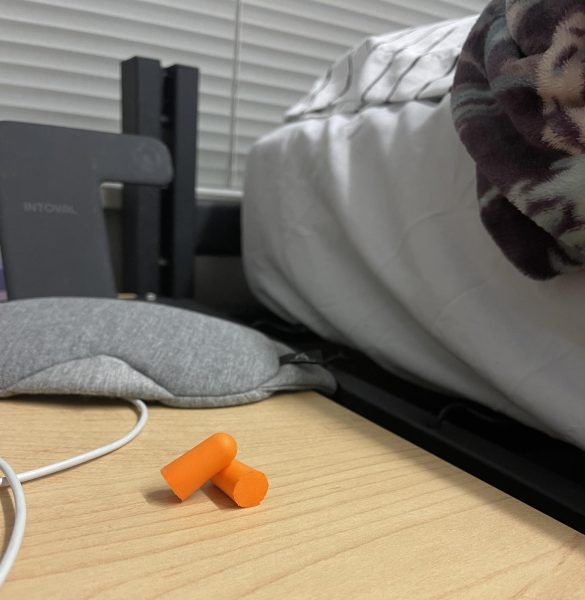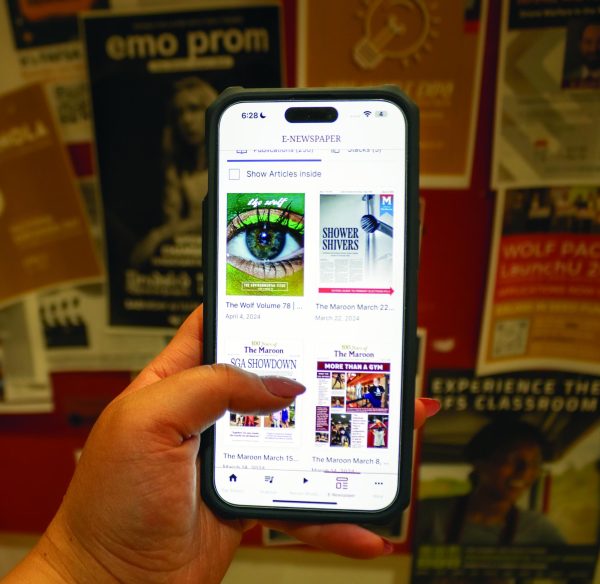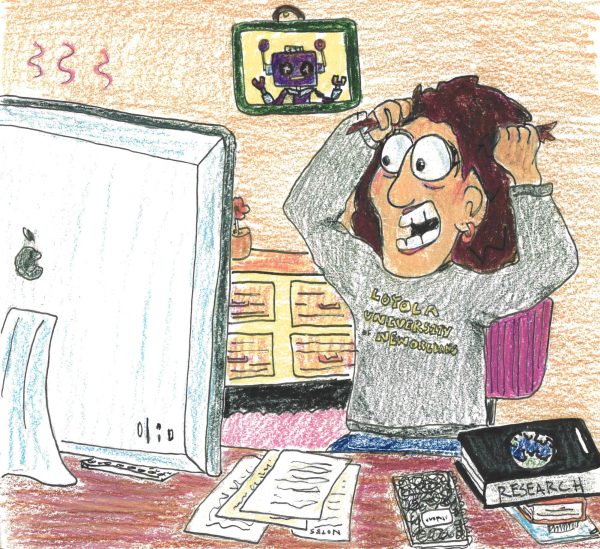OPINION: Why Loyola Needs More BIPOC Faculty? A conversation with Dr. Kedrick Perry
April 24, 2021
Representation matters because it helps Black, Indigenous, and people of color (BIPOC) students to expand their trajectories and find excellence within themselves. Having BIPOC faculty helps more than just students. It will help the institution, in general, to expand its ways through equity and inclusion.
Loyola should have more faculty of color because it will help students to navigate college and to be able to form connections with professors. It is a necessity that students interact with people who look like them. It gives students, especially students of color, motivation and a sense of comfort. The lack of representation in the classroom is concerning considering the racial climate of 2021. We must see more action from the administration to bring in a diverse faculty and staff.
Kedrick Perry is the Vice President for Equity and Inclusion at Loyola. He works with President Tetlow by strategizing on their plan for inclusive excellence. He details how Loyola is on the right path towards creating an inclusive environment.
Perry explains the beneficiary factors of students having BIPOC professors.
“Professors of color demonstrate to students of color how to navigate the complexities of race and power within institutions without losing who you are,” Perry said.
Representation helps students to be proud of their identity and motivates them to strive for all of their aspirations. When there are professors who look like their students, it can be impactful because it gives students an example of academic success. Dr. Perry stresses the importance of how he wants his students to expand their trajectories and world views. Representation shows students of color that they can attain success.
Not only does having BIPOC professors help students of color, but it benefits all students.
“The role BIPOC faculty has is critical to all students regardless of their race because BIPOC faculty offers a different reality that condones their own experiences when teaching and talking to students about issues of identity, equity, and social justice,” Perry said.
BIPOC professors are also crucial for first-generation students because having a BIPOC professor, especially a BIPOC professor who was a first-generation student, helps them to better connect with students and understand their backgrounds.
We can expand diversity and inclusion on Loyola’s campus by increasing our curricular courses that address equity and inclusion issues, such as J term courses, optimizing accessibility to all buildings, and increasing financial resources in departments such as the women’s resource center and funding for accessible education.
Dr. Perry said that the awareness is present at Loyola about diversity and inclusion, but “we need to keep having that sustained dialogue about the topic to make sure that it is continuously in the ears of those in power.”
There are several steps Loyola should take to gain more BIPOC faculty.
“So, in my plan for inclusive excellence is having the first step to be reviewing and accessing our hiring policy and practices, making sure that they are all equitable across the board,” Perry said. “The second step is conducting national searches for all open academic positions, such as using personal networks to expand the reach to diverse audiences.”
Also, there should be training for all search committees and strategies of recruitment for underrepresented faculty. Loyola needs to teach the department chairs about implicit bias and giving out equitable salaries, and have a competitive retention rate in faculty. Lastly, Loyola needs to make sure that scholarships and services that deal with diversity, equity, inclusion, and social justice are evaluated fairly during annual reviews.
The critical part is making sure that Loyola is a choice site for BIPOC professors. Dr. Perry also says that Loyola is working hard to find innovative ways to promote Loyola to BIPOC professors.
Increasing BIPOC faculty raises the bar for Loyola in diversity and inclusion. It will help to foster a more inclusive environment for all Loyola students.


